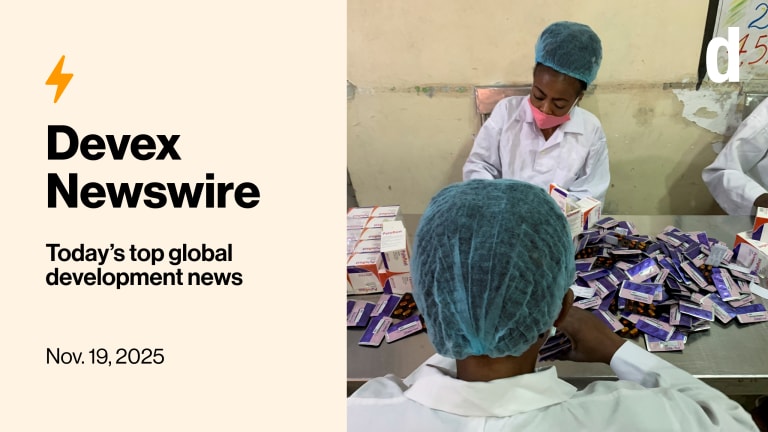Big data has evolved from an international development buzzword to a tool that could deliver important innovations in aid effectiveness and transparency.
By cultivating an ecosystem where large volumes of data can be collected automatically and analyzed in real time, big data has provided a way for donors and aid implementers to gauge the impact of their interventions and essentially measure value for money.
At the third International Conference on Financing for Development in Addis Ababa, Ethiopia, various stakeholders — from governments, international organizations, businesses and civil society — made various commitments toward unleashing a data revolution, with big data expected to play a major role.
Printing articles to share with others is a breach of our terms and conditions and copyright policy. Please use the sharing options on the left side of the article. Devex Pro members may share up to 10 articles per month using the Pro share tool ( ).








